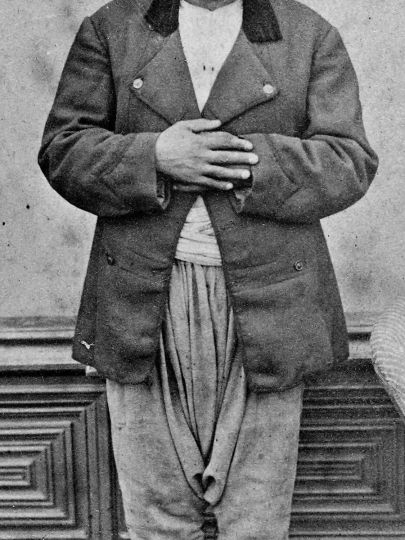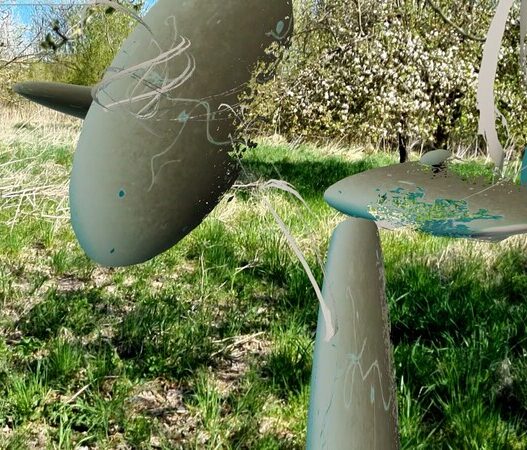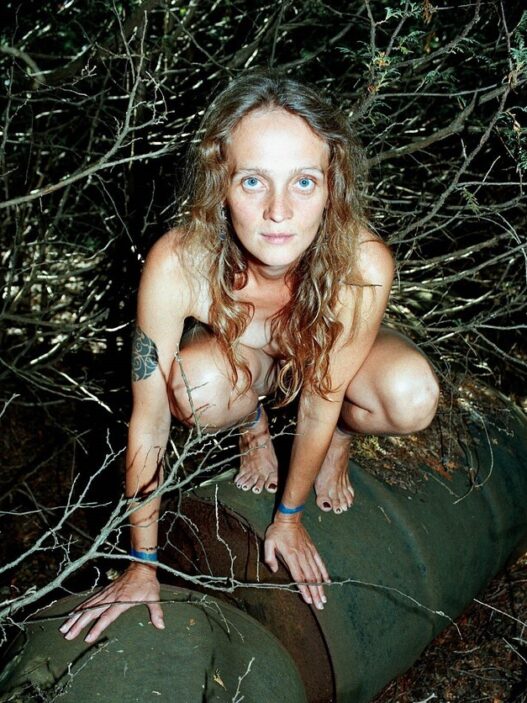May 21–August 7, 2022
The Museum Folkwang is leaving its familiar territory and moving into the public space of Essen’s City Nord with the exhibition Folkwang and the City, which opened on May 21. Thirteen artistic projects by renowned artists such as Jeremy Deller, Anouk Kruithof, and Simon Starling can be seen during the tour. The exhibition concept is accompanied by five additional projects with a diverse cast of characters. The Berliner Platz is the focal point of the event. Many local efforts are involved, in addition to the foreign artists. An full program of events complements the exhibition.
Folkwang and the City, a collaborative exhibition project with MAP Markus Ambach Projekte, explores the museum’s function in the year 2022. The idea for the exhibition in Essen’s urban area, which came about three years ago, is based on Folkwang founder Karl Ernst Osthaus’s fundamental belief that “the most serious concerns of social life cannot be solved without the participation of art.” With this in mind, an active dialogue with city residents, various initiatives and communities, start-ups, retailers, representatives from the administration and urban planning, humanitarian organizations and foundations began to discuss common challenges such as integration, cultural diversity, climate change, globalization, and digitalisation.The major question revolves around how urban living should be shaped in the present and future. These issues are debated in the setting of the exhibition, not in the institution of the museum, but in the neighborhoods where the people of the city live.
Along a route through Essen’s City Nord, visitors can see the artistic and social projects. Starting at Berliner Platz, where a traffic roundabout will be transformed into a “Eco-Village” centered on sustainable future perspectives, the trip continues via Weberplatz and Kopstadtplatz, into Eltingviertel via Viehofer Straße, and back to the starting point via the “grüne mitte essen.” Along the road, sites for various art projects will include the “Konsumreform” shop, empty restaurants, clubs, and display window spaces, as well as the tattoo studio “Art Faktors” and public squares.
Works from the museum collection are also represented in the urban space exhibition: For example, Anouk Kruithof’s video installation Universal Tongue with dances from all over the world is shown in the former tabeldance bar “Naked” in Rottstraße. The artist Fari Shams is moving a contemporary double of the bronze sculpture The Brazen Age by Auguste Rodin from the Museum Folkwang into the city space, and the Deutsches Plakat Museum is moving temporarily into the living spaces of the IKEA furniture store. A special platform for local initiatives is provided by the “Expo Alternativ” at Kopstadtplatz 10, where associations such as “Hey, Alter!,” which refurbishes used computers for schoolchildren, and “Stadttauben Essen,” which looks after urban “roommates” who have fallen into disrepute, present themselves. Projects such as the RAA, which offers boxing and martial arts to support children and young people from immigrant families and promote understanding between cultures, are also represented here. Contemporary installations by the artists Isabella Fürnkäs and Neïl Beloufa interact with the spatial situation and the social projects that deal with religion, animal welfare, food sharing and climate protection. In the close vicinity, the artists Paula Erstmann and Mascha Fehse work at the Church of St. Gertrud with the Essener Tafel e.V. on the topic of food culture. The two British artists Jeremy Deller and Simon Starling draw a historical arc with their projects from the museum’s founding in 1922 to the city’s present.
Museumsplatz 1
45128 Essen
Germany
Hours: Tuesday–Sunday 10am–6pm,
Thursday–Friday 10am–8pm




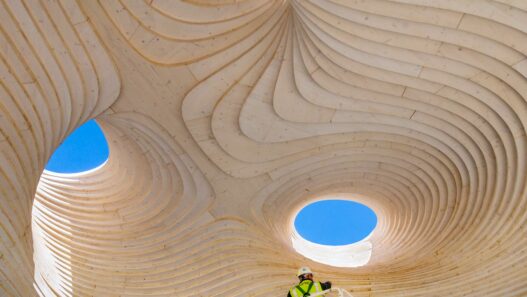

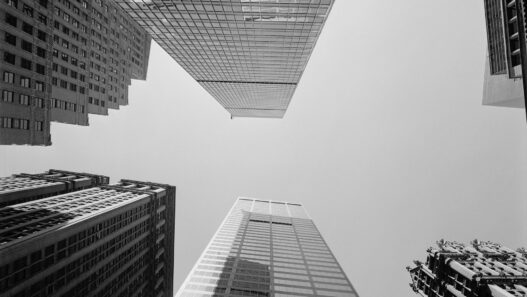

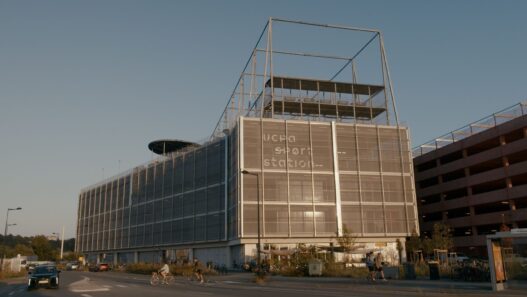
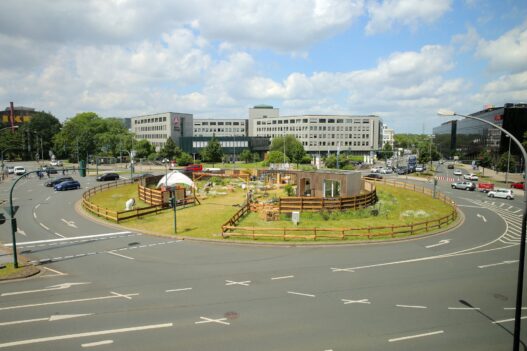
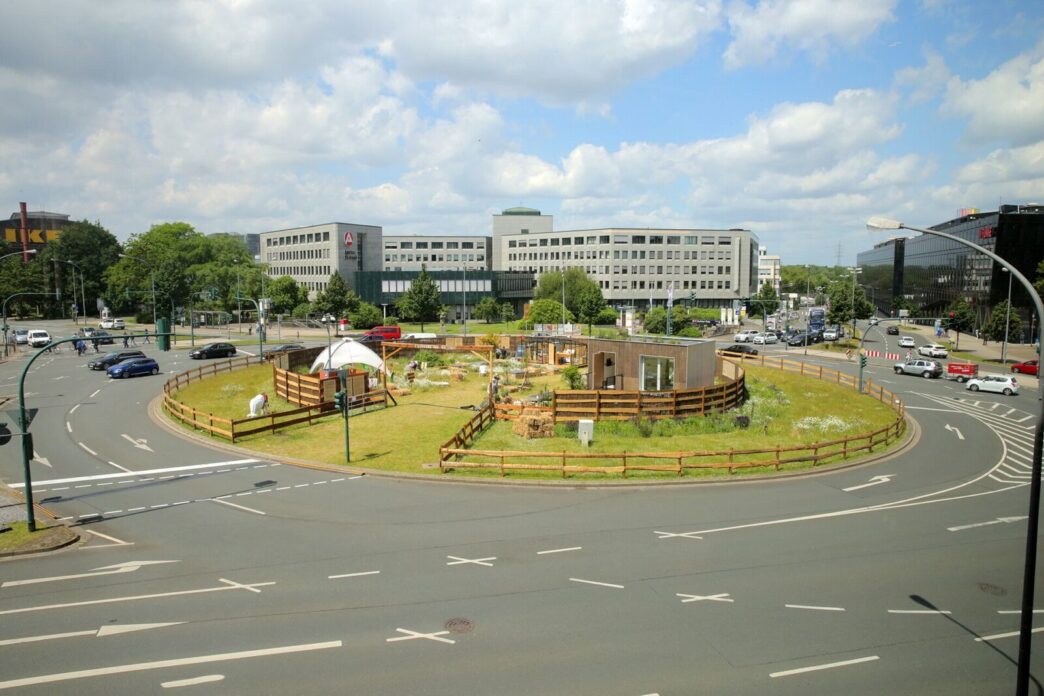


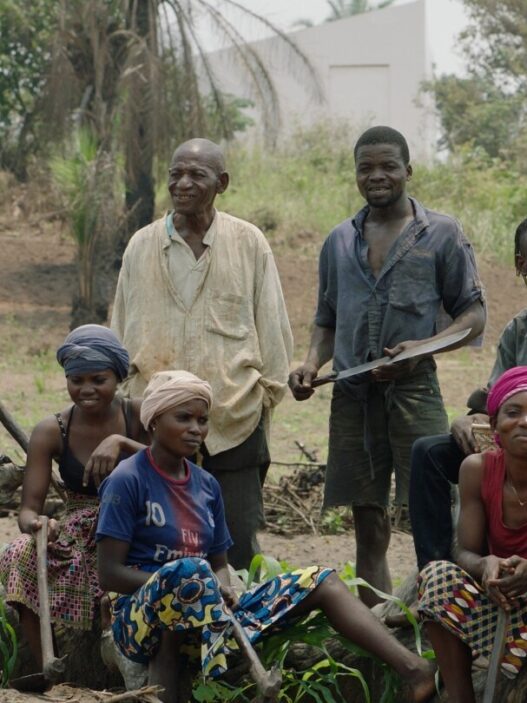
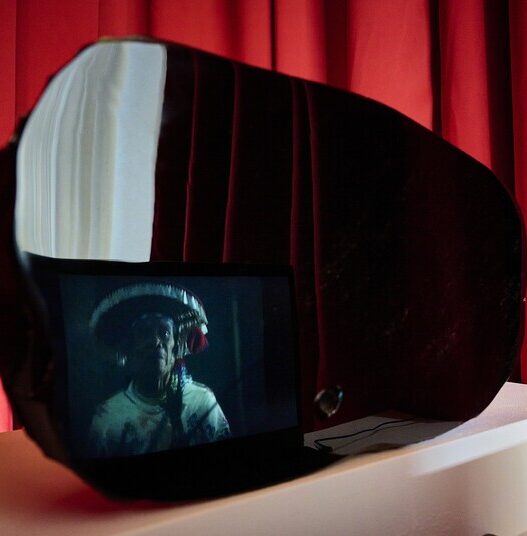
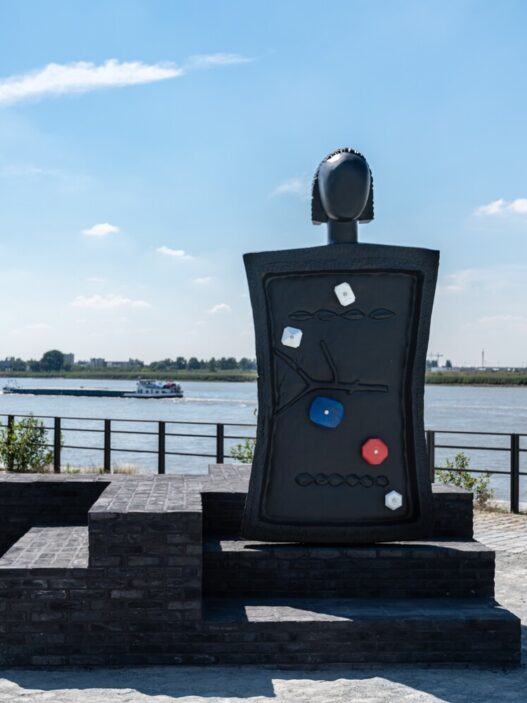
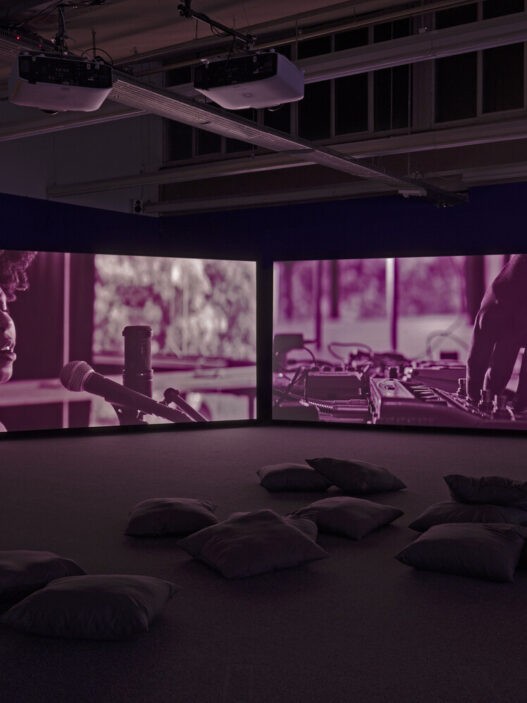
![[1] Ruth Wolf-Rehfeldt, Spheres of Interest, 1975. Zincography, 21 x 29.5 cm. Courtesy of the artist and Chert Lüdde, Berlin. [2] Endre Tót, I'M LOOKING FOR NOBODY, 1980. From the photo series “HOPES IN THE NOTHING.” Color photo. © VG Bild-Kunst, Bonn, 2022. [3] Käthe Kollwitz, The Mothers, 1983/208. Sheet 6 of the series “War.” Woodcut. All images courtesy of ifa art collection.](https://dailyart.news/wp-content/uploads/2022/06/ifa_berlin-527x703.gif)
